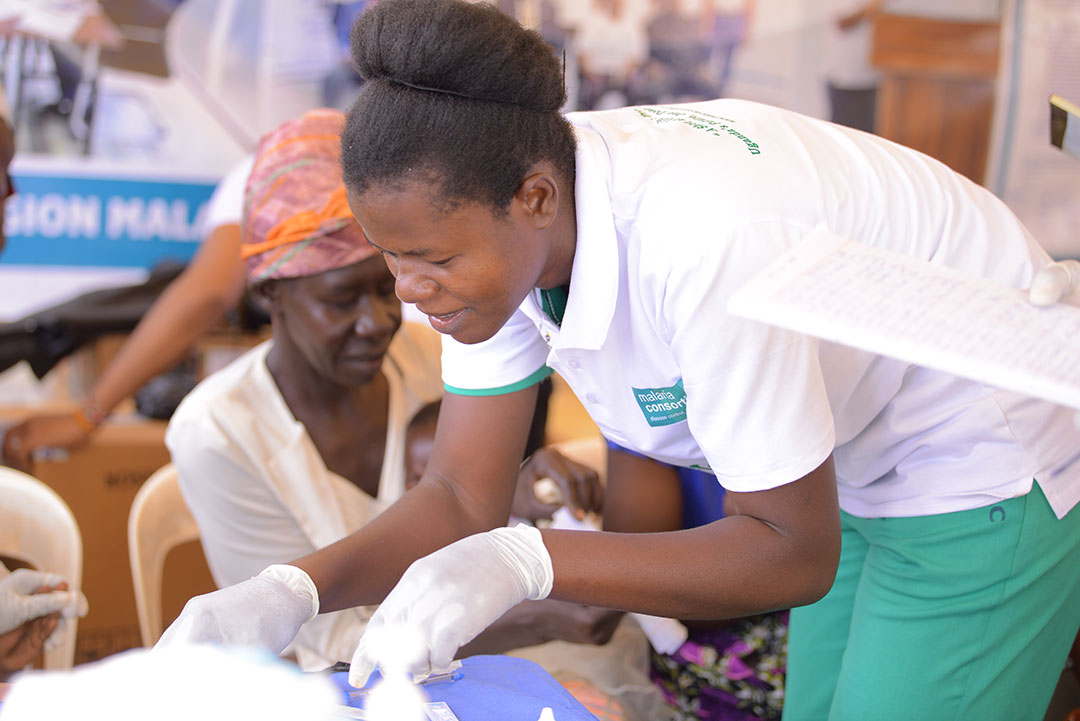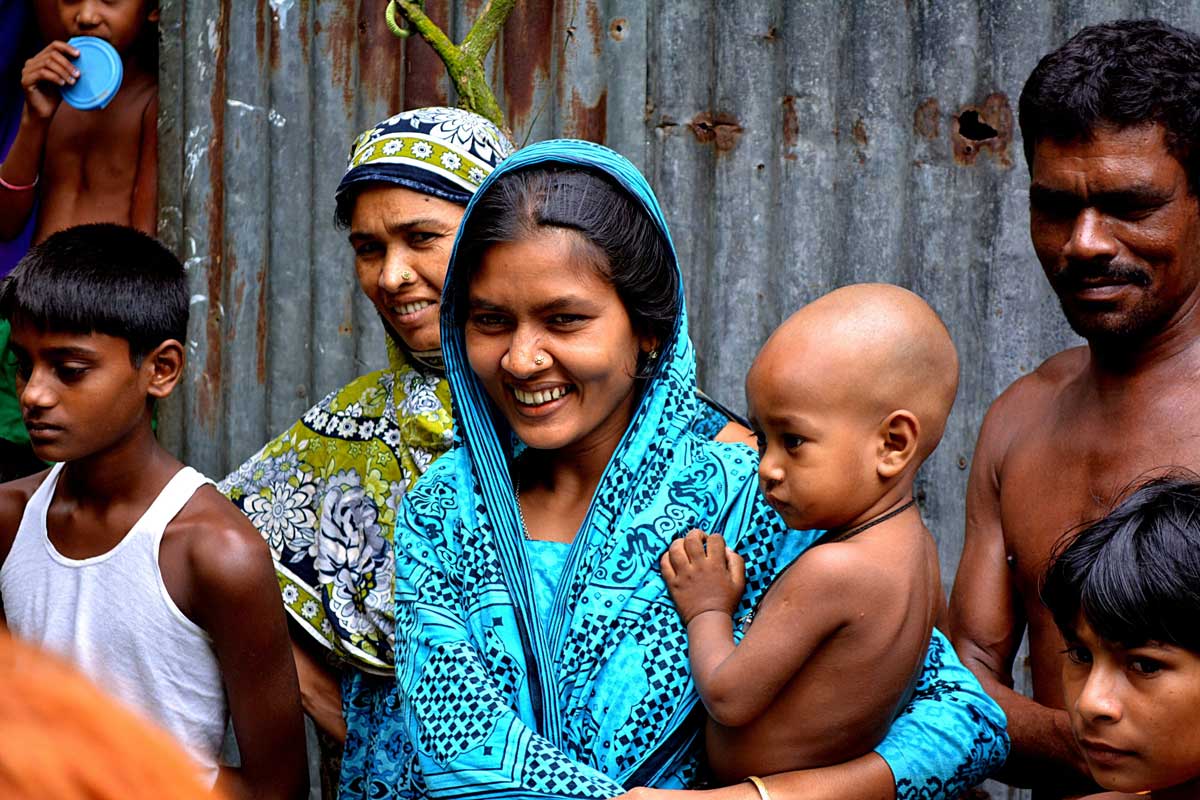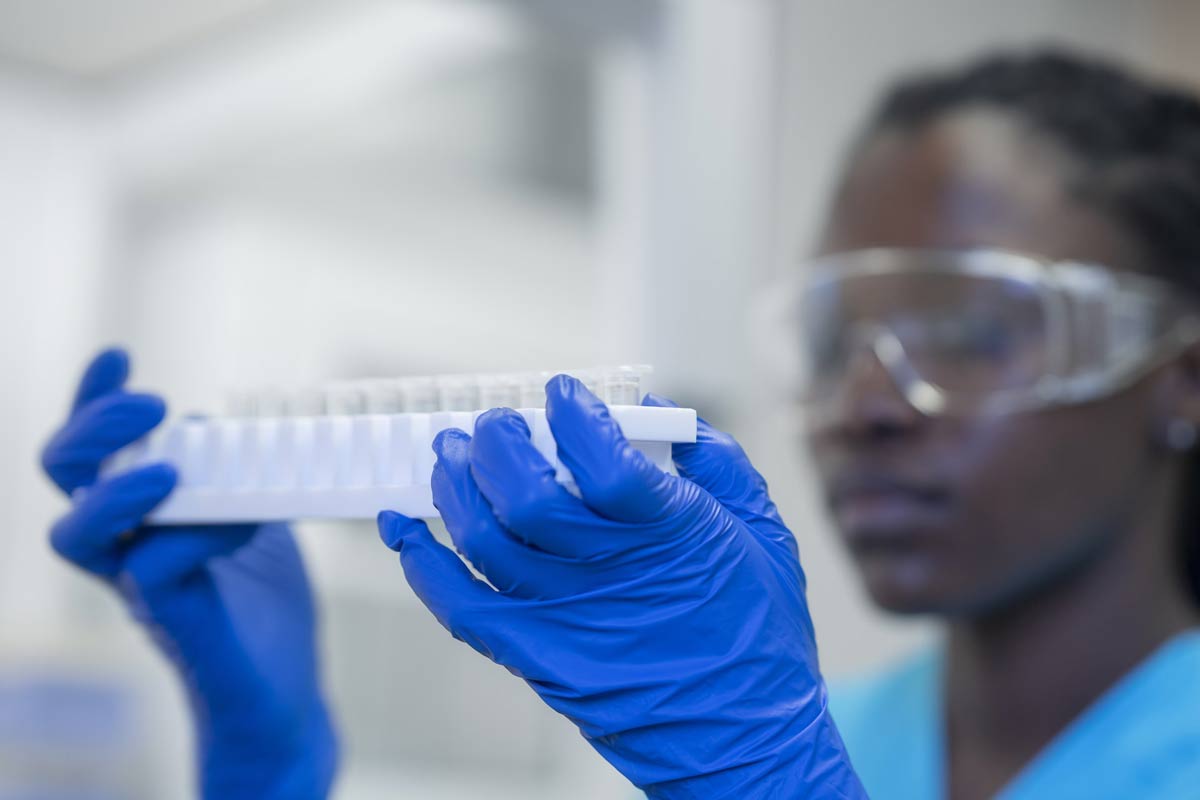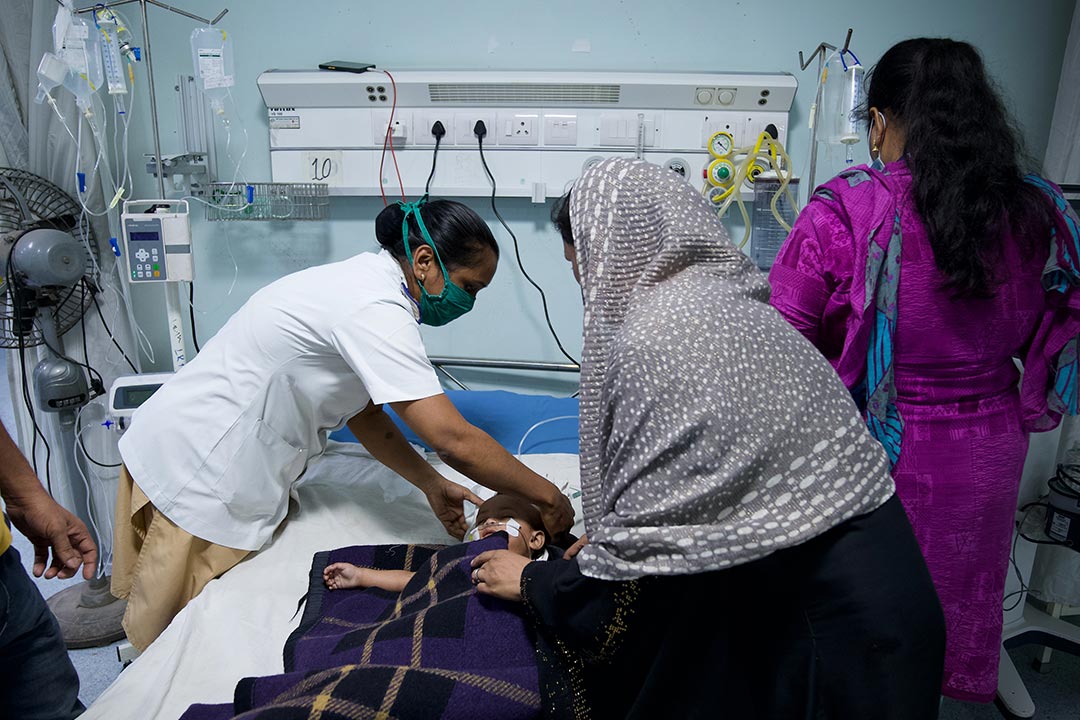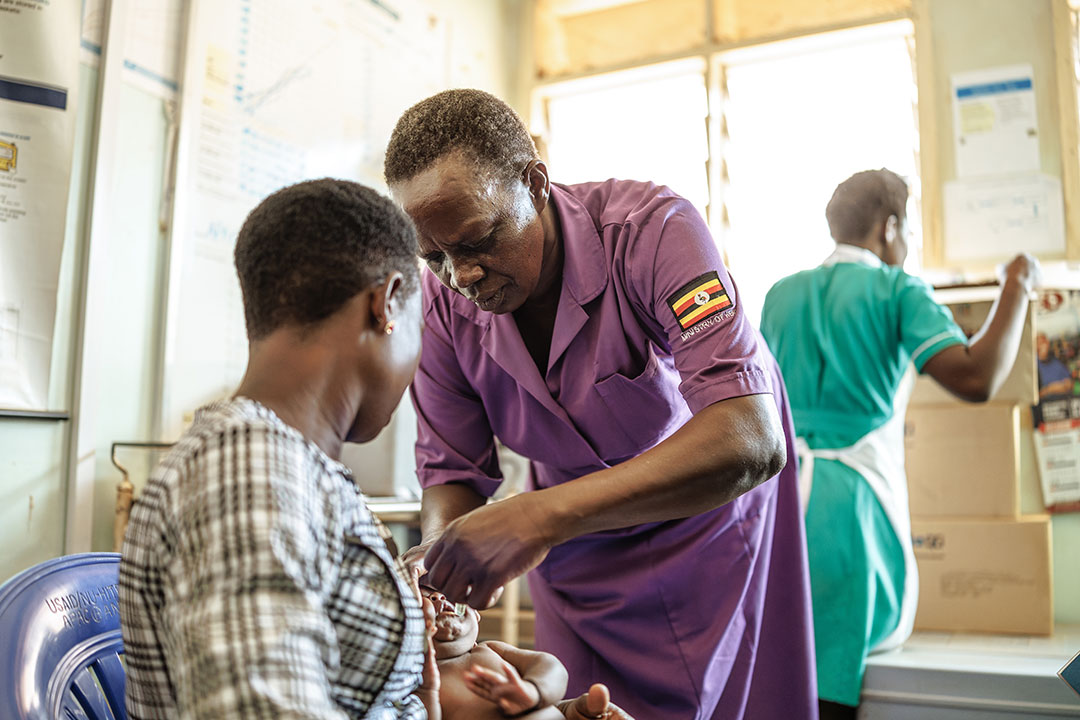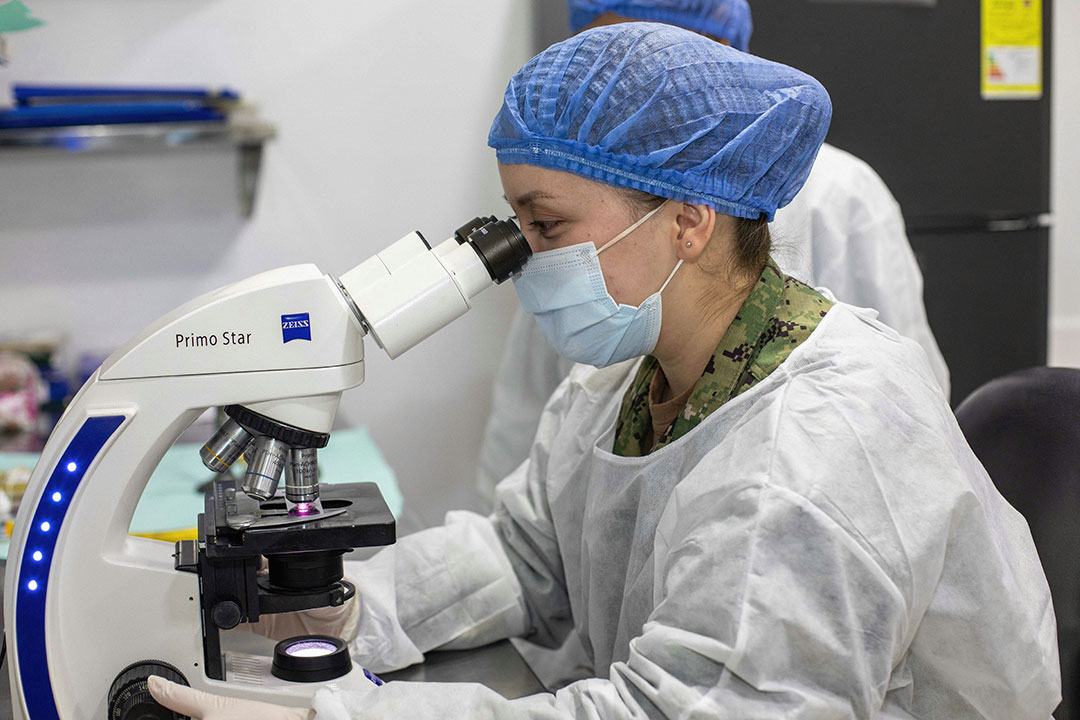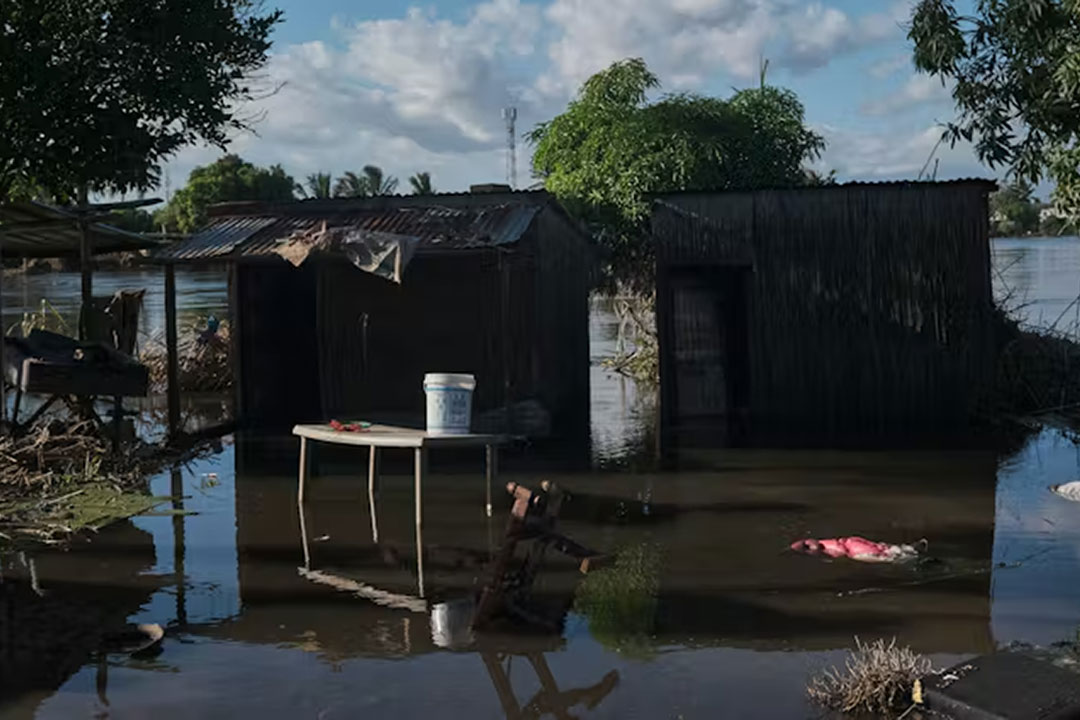Lessons from Rwanda: Building systems to protect against infectious diseases and biothreats
Building resilient and sustainable disease intelligence systems is critical post-pandemic. Here we outline the strides Rwanda has made in this regard.
- 30 January 2024
- 6 min read
- by World Economic Forum
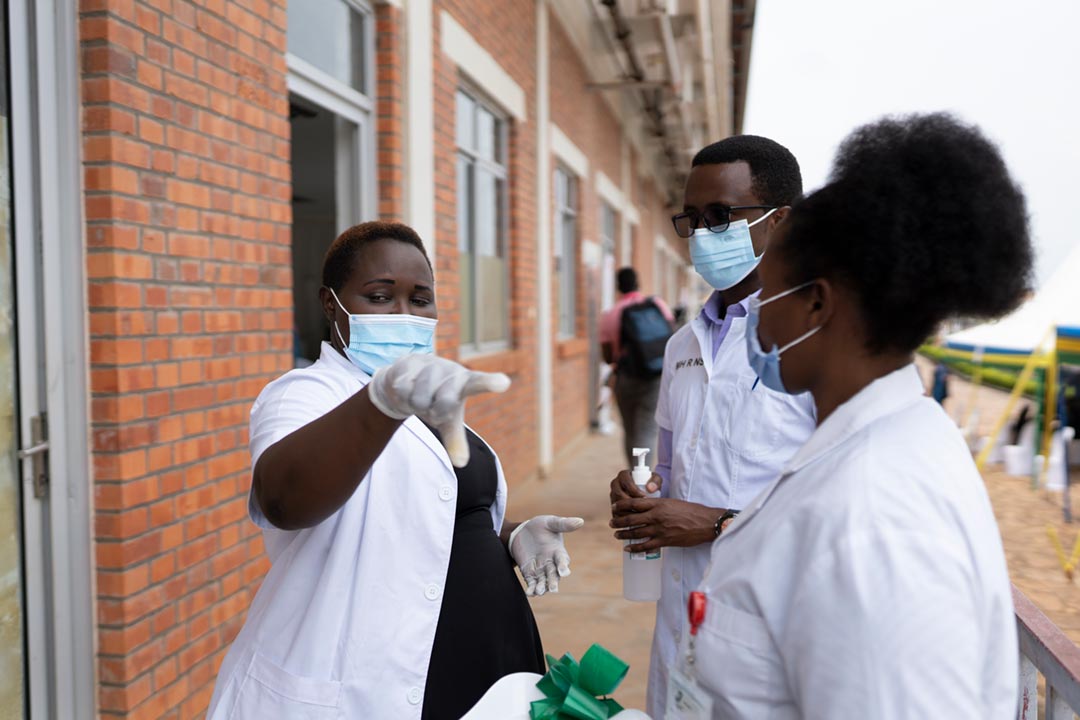
The past four years have highlighted significant gaps in our global health security infrastructure - while we have seen tremendous technical advances in our ability to detect and respond to pathogens, there is significant opportunity to improve the end-to-end response system. There is urgency to act. Increased trade, climate change, and urbanization all lead experts to anticipate increases in both the frequency and severity of naturally occurring pathogens.
Meanwhile, rapidly expanding and globalizing capabilities in biological engineering have also increased the probability that significant biological incidents, such as the accidental or intentional release of genetically enhanced pathogens will happen.
The evolution of this landscape demands a new approach to detecting and responding to biological threats. The future approach to global health security infrastructure should be innovative, public-private-centric, and increasingly focused on building localized end-to-end systems that provide self-sufficiency.
In response, the World Economic Forum recently launched the Biothreat & Disease Surveillance Initiativeto catalyze the establishment of public-private collaborations that improve the capacity to prepare and respond to biological threats.
This Initiative will convene a dedicated community of industry partners and, through a stepwise process, co-design with select governments and public health institutions, new business and operational models capable of responding to biological threats.
Recognizing the complex causality of such threats and the multi-sectoral responses required, this Initiative brings together a diverse set of industries beyond just the health sector (e.g. social media, technology, re-insurance, telecoms, travel, mobility, supply chain and logistics).
Rwanda is building a disease intelligence system
To showcase how end-to-end, public-private health security infrastructure can be configured, the Government of Rwanda has built a series of multi-sectoral partnerships with CEPI, Ginkgo Bioworks, BioNTech, and IQVIA.
This collaboration has the potential to model the world's next generation biosecurity infrastructure starting with detection of a novel pathogen and delivery of a safe and effective vaccine within 100 days. This effort is aligned with CEPI's 100 Day Mission, a global effort spearheaded by CEPI and embraced by the G7 and G20.
Rwanda's end-to-end system begins with proactive monitoring for biological threats at Kigali International Airport. Here, Ginkgo Bioworks, in collaboration with the Rwanda Biomedical Centre, analyzes wastewater and nasal swab samples for pathogens carried in on arriving flights.
Similar to global satellite coverage or constant radar monitoring hurricanes, this programme becomes part of a global network of "biothreats radar" systems monitoring locations where biothreats are likely to emerge. By running this programme, Rwanda is able to immediately collect information and understand threats, significantly improving early warning.
Have you read?
In their 2023 Biological Security Strategy, the UK calls the idea of these types of systems that monitor areas of risk "biothreats radar". In the US, with a similar system run by Ginkgo Bioworks, the CDC has already demonstrated the ability to detect variants of SARS-CoV-2 over 40 days before by monitoring aircraft as they land. They have recently expanded to cover over 40 different pathogens.
Biothreats radar systems collect samples from the environment (such as wastewater), extract non-human DNA, read that DNA on genetic sequencers, and turn these samples into high-fidelity information. With this data, users can detect, characterize, and assess potential biological threats, all while preserving individual privacy.
Instead of the collective current approach, which is generally to conduct bespoke sampling or wait for a biological threat to surface in a hospital emergency department, we can use Rwanda's model to build a system that collects the genetic code of potential biothreats persistently and extensively across the world could be replicated, creating a critical network starting at the local level.
Localized infrastructure to develop vaccines builds resilience
One learning from the pandemic is that regional ability to produce vaccines allows for faster response time in distributing them during an outbreak or biological event. Regionally distributed vaccine production when linked to infectious disease monitoring systems, is particularly effective at increasing health security.
To this end, Rwanda – in an effort to realize the Africa Union's goal of producing 60% of vaccines used on the continent by 2040 – partnered with BioNTech and in December 2023 opened the first mRNA manufacturing facility to serve the African Continent. This partnership will enable development of a targeted vaccine based on sequencing information captured by Ginkgo's disease monitoring programme.
Investing in sustainable vaccine manufacturing infrastructure during inter-pandemic or "peace time" will then enable facilities to surge during pandemic times to meet increased demand. To complete this end-to-end system, IQVIA will ensure high-quality, sustainable clinical research capacity is available for evaluating and deploying new vaccines. This includes utilizing standardized processes, protocols and data management systems, which can significantly increase the speed at which data can be generated for outbreaks and new vaccines.
Getting vaccines to individuals will require regulatory collaboration and public engagement
Additional efforts to ensure the effectiveness of an end-to-end detection to vaccine system should focus on international regulatory policy and public outreach and education. Designing clinical trials in collaboration with international regulators and the African Medicines Agency as it operationalizes, will allow the impact of this programme to extend beyond Rwanda.
For this effort to be maximally effective, individuals will need to choose to get vaccinated. Initiatives to proactively address vaccine hesitancy concerns should focus on building confidence and trust in the end-to-end system. Together, focusing on both regulatory and social considerations will help maximize the impact of Rwanda's end-to-end system.
Threat detection allows for threat mitigation
Rwanda's newly established infrastructure demonstrates capabilities that can be built to enable public health and national security authorities to work together to control the spread of a novel pathogen. Successful demonstration of this work, showing the ability to develop a targeted vaccine based on sequencing information from a monitoring programme and connected to local trials and production, will demonstrate a global standard for responding to health emergencies.
Threat detection is critical as it allows for timely, effective threat mitigation. Rwanda's effort to expand biosurveillance infrastructure builds on existing efforts to strengthen health security in the region. One ongoing effort is the Health Security Partnership in Africa (HSPA), a collaboration between the Africa CDC, WHO and Robert Koch Institute.
There is opportunity to integrate multiple biothreat and disease surveillance efforts to provide robust intelligence on biological risks. Ultimately, biothreat and disease surveillance represent an opportunity for best-in-class partnerships across sectors.
To learn more about the Biothreat & Disease Surveillance Initiative, and identify how public-private partnerships can improve our capacity to prepare and respond to biological threats, please contact lora.dumoulin@werforum.org.
Written by
Lora du Moulin, Global Health and Security Lead, World Economic Forum
Molly Shapiro, Biothreat & Disease Surveillance Initiative, World Economic Forum
Contributing authors: Francis Gatare, President, Rwanda Development Board; Alistair Grenfell, President Europe, Middle East, Africa and South Asia & Global Head of Public Health, IQVIA; Richard Hatchett, CEO, CEPI; Professor Wilmot James, Senior Advisor to the Brown Pandemic Center at Brown University; and Matt McKnight, General Manager, Biosecurity, Ginkgo Bioworks.
Website
This article was originally published by the World Economic Forum on 22 January 2024.
